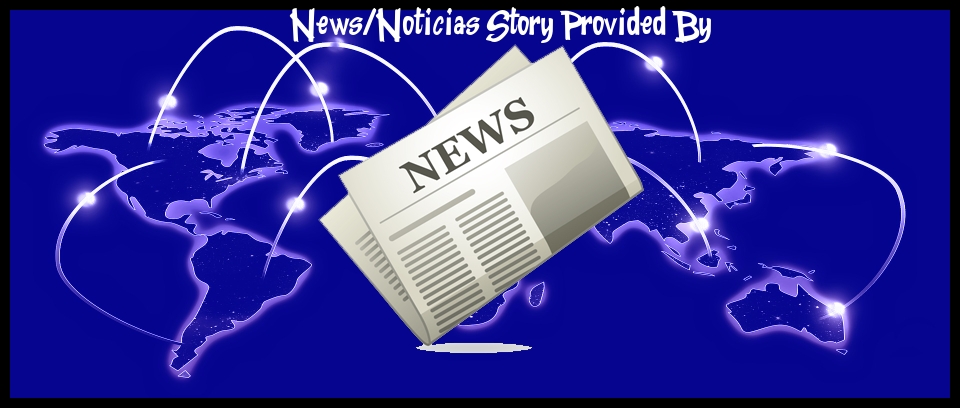Sorry, Your Requested Page Was Not Found.
Greetings! We apologize for the inconvenience, but the page, Consumer News Irs Waives Penalty Fees For Some Back Taxes is no longer available. Please use our search box below to find related content and browse the list of related news stories. Depending on the topic, news articles are deleted 3 - 18 months after the created date. We prefer to keep content fresh and current and not keep old news. Thanks for visiting today.Search RobinsPost News & Noticias
IRS Waives $1 Billion in Penalty Fees, Giving a Break to 4.7 Million Taxpayers (Including Businesses)

The IRS went public with its decision to waive penalties ... tax fines live in households with incomes under $100,000. The average amount returned to people was $206, which may find its way to ... Read More
IRS to waive $1 billion in penalties for people and firms owing back taxes for 2020 or 2021

France's iconic Notre Dame Cathedral is formally reopening its doors on Saturday for the first time since a devastating fire nearly destroyed the 861-year-old landmark in 2019. The restoration ... Read More
Evan Gershkovich, freed Americans now face IRS fines, fees for time they were Russia’s hostages
"Now that they're back home, they'll need help from the IRS back here at home because they have, in some cases, had no years of IRS filings that lead to fines, fees ... penalty will continue until ... Read More
IRS Delays IRA RMD Rules Again

Some beneficiaries of inherited IRAs have more time to adapt to distribution requirements. The IRS will waive penalties for ... federal and state tax information, news, and developments to help ... Read More
Blow Us A Whistle

Comments (Whistles) Designed By Disqus

